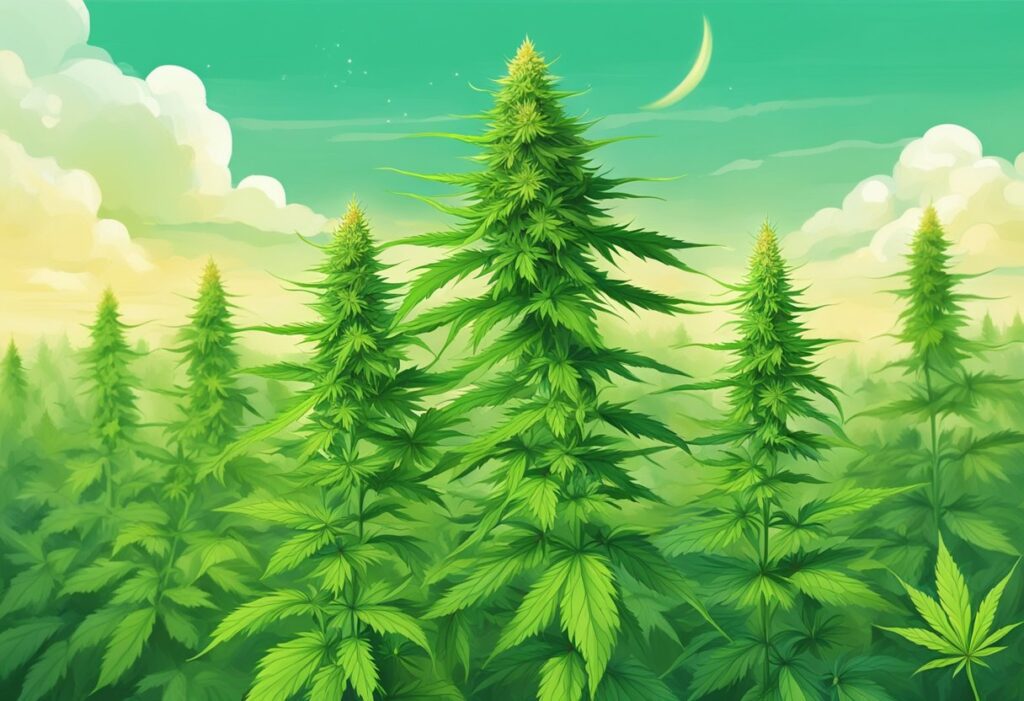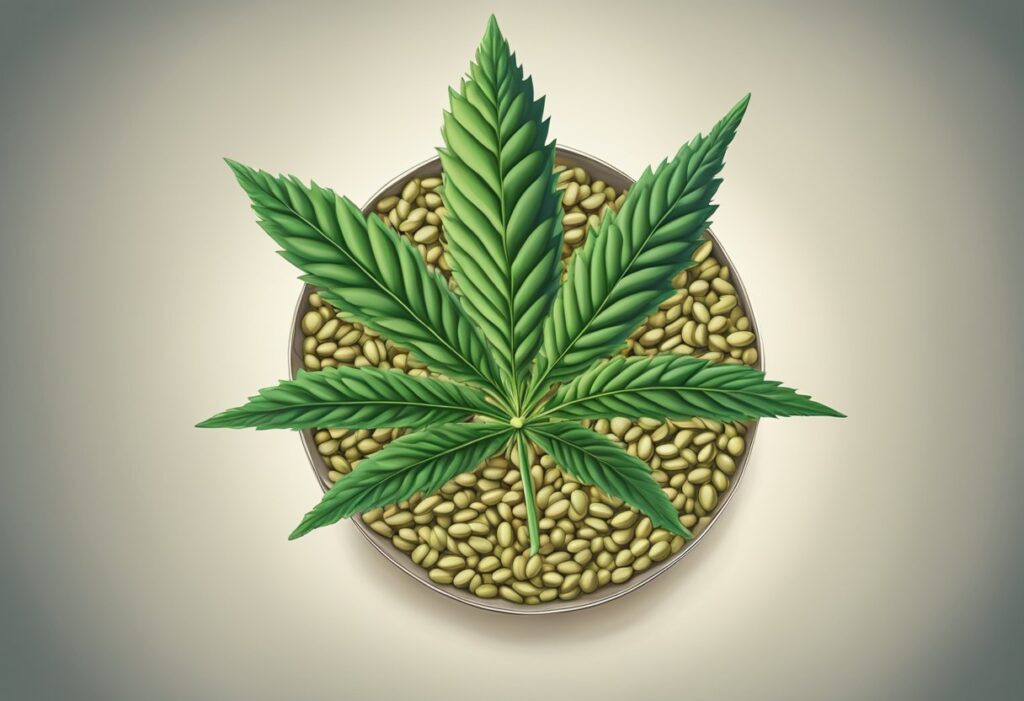
Cannabis in Canada has gone from wide-scale prohibition to comprehensive legalization and regulation through a series of legislative changes. Your understanding of Canadian cannabis culture is enhanced by recognizing the key legislative milestones and the shift in social acceptability of the plant.
The journey of cannabis regulation in Canada began in the early 20th century. Cannabis, alongside opium, heroin, and cocaine, was prohibited under the Act to Prohibit the Improper Use of Opium and other Drugs in 1923. The severity of cannabis laws fluctuated over the years until the significant shift in the 21st century towards decriminalization, particularly relating to simple possession.
In a groundbreaking move, Canada passed Bill C-45, commonly known as the Cannabis Act, in June 2018. This legislation came into force on October 17, 2018, making Canada the first G7 nation to legalize cannabis for both medicinal and recreational uses at the federal level. Provincial and territorial governments were tasked with developing their frameworks for controlling the sale and distribution of cannabis to address public safety concerns.
| Year | Event |
|---|---|
| 1923 | Cannabis prohibition begins in Canada. |
| 2001 | Medical cannabis legalized. |
| 2018 | Cannabis Act (Bill C-45) passes, legalizing recreational cannabis. |
Your perspective on cannabis in Canada is not complete without understanding its cultural evolution. Initially associated with criminal activity due to prohibition, the plant’s place in society has seen significant changes. The 1960s saw an explosion of cannabis use, influenced by the hippie movement, challenging previous stigmas and paving the way for the acceptance of cannabis as a part of mainstream culture.
Fast forward to the COVID-19 pandemic, cannabis was deemed an essential service by several provinces and territories. This would have been unimaginable during the height of prohibition but reflects the shift in societal values, recognizing cannabis’ role both as a medicine and a recreational substance. Today, with the implementation of the Cannabis Act, the use and possession of cannabis seeds and products are a part of the everyday lives of Canadians, reflecting the plant’s acceptability within social norms.

When delving into Canadian cannabis culture, it’s essential to grasp the framework that shapes its growth and use. This includes understanding the role of Health Canada and how cannabis products are regulated, as well as examining consumption trends captured through various surveys.
Health Canada is the federal department responsible for helping Canadians maintain and improve their health. It has been pivotal in regulating cannabis production, distribution, and sale under the Cannabis Act. Since the Act came into effect on October 17, 2018, Health Canada has overseen the legal standards for cannabis products to ensure public safety.
Your knowledge of cannabis consumption trends in Canada can be supplemented by examining findings from the Canadian Cannabis Survey. This annual survey provides valuable insights into the habits and views of Canadians regarding cannabis use.
Understanding these facets forms a comprehensive picture of the Canadian cannabis schema from seeds to society, governed by careful regulation and influenced by changing consumption behaviors.

When you consider the role of marijuana seeds in Canadian cannabis culture, it’s important to understand both the regulatory framework that governs their use and the impact that legalization has had on personal cultivation practices.
Your approach to growing cannabis plants is influenced by the regulatory environment set by agencies like the Canadian Food Inspection Agency (CFIA). The CFIA mandates strict labelling requirements for cannabis seed under the Seeds Act and Regulations. This framework ensures that seeds with novel traits — characteristic differences resulting from genetic modification — are properly identified to avoid accidental consumption and to give you clear consumer information.
Seed Regulations in Canada:
Since the Cannabis Act came into force, you’ve gained regulated access to marijuana seeds for the purpose of personal cultivation. Legally, you’re allowed to grow cannabis plants for personal use, a privilege that has reformed the cultural landscape surrounding cannabis in Canada. This legal change has encouraged enthusiasts and casual growers alike to try their hand at growing, which has stimulated a deeper understanding and appreciation for the plant.
Legalization Impact on Personal Cultivation:
With legal guidelines in place, you, as a grower, can tailor your cultivation practices within the law while enjoying the cultural experience of growing your own cannabis.
Hemp seeds are a source of essential fatty acids, protein, and various minerals. They are valued for their nutritional benefits and can be consumed as part of a healthy diet.
Since the legalization of cannabis, there has been a cultural shift in Canada, including increased openness to discussing and using cannabis in various forms and a reduction in cannabis-related criminal charges.
Your importation of cannabis seeds into Canada is subject to strict regulations, including the requirement to comply with the Seeds Act and Plant Protection Act, which set out the labeling requirements and import controls.
Cannabis seeds themselves are not typically used for medicinal purposes; however, they contain nutrients that may support general health. The medicinal properties are more commonly associated with other parts of the plant.
Hemp seeds are generally safe; however, they may cause digestive issues in some individuals, especially if consumed in large quantities. Always adhere to recommended serving sizes.


WE ARE EVERY GROWERS ONE STOP SHOP TO ACQUIRE PREMIUM CANNABIS SEEDS FOR SALE IN THE USA, CANADA AND AUSTRALIA
Farmers Lab Seeds 2024,
All Right Reserved
Seeds are sold as novelty items, souvenirs, and collectibles. They contain 0% THC. We encourage our customers to check the legislation in their Country, State, Province, and Municipality prior to purchasing items from our store. We do not provide growing information.
All seeds are sold as hemp, and lab tested under 0.3% THC. This product is not for use by or sale to persons under the age of 21. This product should be used only as directed on the label. It should not be used if you are pregnant or nursing. Consult with a physician before use if you have a serious medical condition or use prescription medications. A Doctor’s advice should be sought before using this and any supplemental dietary product. All trademarks and copyrights are property of their respective owners and are not affiliated with nor do they endorse this product.
These statements have not been evaluated by the FDA. This product is not intended to diagnose, treat, cure or prevent any disease. Individual weight loss results will vary. By using this site, you agree to follow the Privacy Policy and all Terms & Conditions printed on this site. Void Where Prohibited by Law.